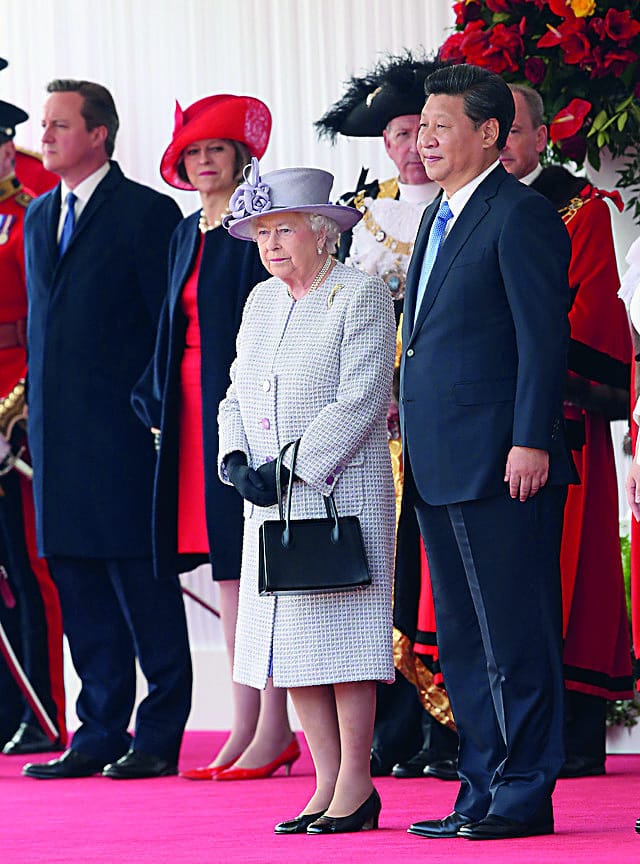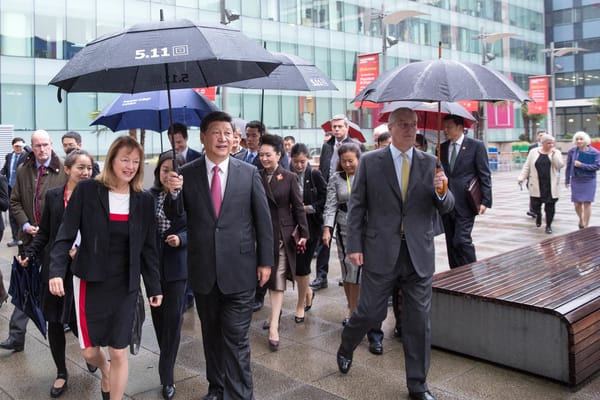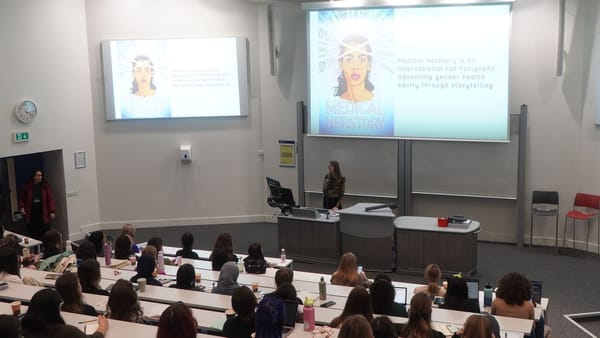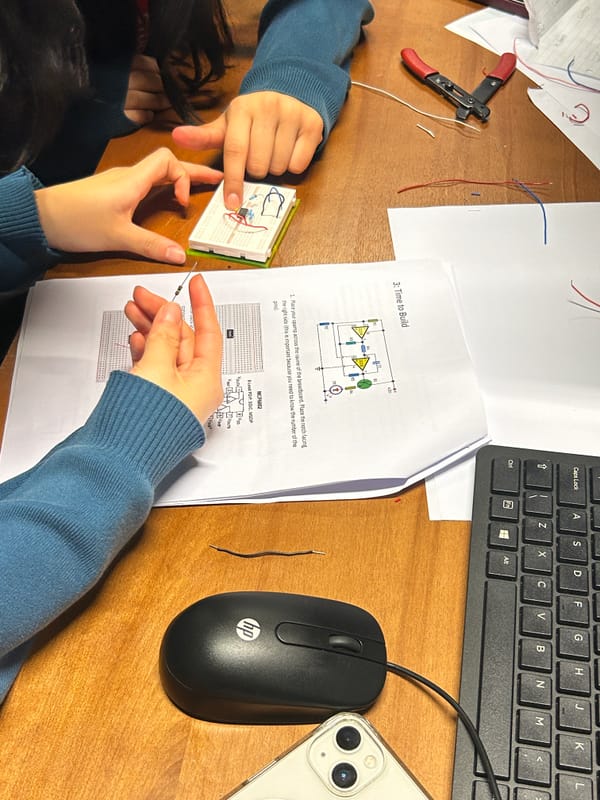Can we ignore human rights abuses in China?
Are we supporting suffering by allying ourselves academically?

According to the College website, we are the UK’s number one research partner with China. In a speech welcoming Xi Jinping, Professor Alice Gast, president of the university, said “brilliant students and academic collaborations are making both the UK and China stronger, more prosperous and ready to deal with the challenges of this century”. Surely these challenges of the century should include opposing inequality, imprisonment without trial and the persecution of ethnic minorities?
Google ‘Chinese President’ and before long you’ll be greeted with a whole host of human rights abuses. Amnesty International has said that the authorities “severely restrict freedom of expression”, and have criticised China for harassing, detaining and torturing activists and their families. For example, since president Xi Jinping has come to power, eleven women’s rights activists have been imprisoned, despite the president hosting the UN World Conference on Women just three weeks ago.
George Osborne, the Chancellor of the Exchequer, accompanied the president on his visit. He has been praised by Chinese state media for “not stressing human rights” and focussing instead on business potential. He’s said he wants the UK to “stick together [with China] and make a golden decade for both our countries”. Although economic growth in China has slowed, it still accounts for about 25% of all global growth, which is why he wants China to be the UK’s second biggest trading partner by 2020. As China’s economy transitions, there is an opportunity for British firms to provide financial services which the UK specialises in exporting.
The benefits for the country (and university) in collaborating with China are clear. It was announced this week that more of the best Chinese students will be given state scholarships to study here, and support will be given to Imperial’s PhD students to study at Chinese Universities. I am honoured to be part of a diverse student body and the idea of more people having access to the world-class education available here is something that makes me feel proud. It is wonderful that Imperial students will be given the opportunity to study in China. I just hope that this does not mean we benefit from an alliance where our partner is responsible for stifling free speech and disrespecting its citizens.
Imperial experts and their Chinese partners are working together on cutting-edge research in fields including nanotechnology, bioengineering, computing, advanced materials, environmental engineering and public health. Research in these fields will has already made a difference – improving the quality of life for people worldwide. Does turning a blind eye to the state of affairs in the country we are allied with mean we that are inadvertently fuelling the abuse suffered by so many? Can we divorce ourselves from this state of affairs and just focus on the science?
A girl can dream.








